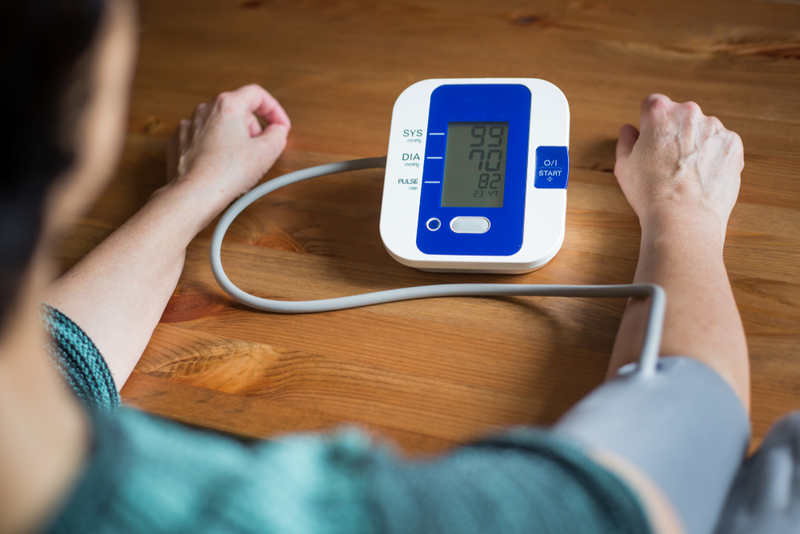Specific gut bacteria may be linked to high BP
IANS Feb 25, 2020
Researchers, including one of Indian-origin, have identified a distinct collection of bacteria found in the gut that may contribute to and predict the development of pulmonary arterial hypertension (PAH).

PAH is a chronic and progressive disease in which the arteries that supply blood to the lungs are constricted, resulting in symptoms such as shortness of breath, heart palpitations, fatigue and others. In PAH, persistently high blood pressure in lung arteries makes the right side of the heart work too hard to pump blood, resulting in right-sided heart failure. According to the study, published in the journal Hypertension, everyone has a collection of bacteria in their gut -- known as microbiota -- that aid in digestion.
The researchers found that having a specific microbiota profile in their gut predicted the presence of PAH with 83 per cent accuracy. "We showed for the first time that specific bacteria in the gut are present in people with PAH. While current PAH treatments focus on the lungs, looking at the lung/gut axis could open the door to new therapies centered in the digestive system," said Indian-origin researcher and study lead author Mohan Raizada from University of Florida in the US. For the study, stool samples were collected from 18 PAH patients and 12 people without a history of cardiopulmonary disease. The microbiota DNA from the stool samples were isolated and sequenced.
The testing revealed a group of bacteria unique in the PAH patients that were associated with PAH. According to the study, this is the first link between a specific collection of bacteria and pulmonary arterial hypertension. However, it is not the first time that gut bacteria have been connected to medical conditions. A variety of different gut microbiota profiles have been linked to a variety of cardiovascular diseases including high blood pressure, the study added.
Gut microbiota are constantly changing, depending on what we eat, our environment and especially our genetic makeup. "However, the bacteria associated with PAH are unique and do not seem to change. We believe these particular bacteria are constant," Raizada said.
-
Exclusive Write-ups & Webinars by KOLs
-
Daily Quiz by specialty
-
Paid Market Research Surveys
-
Case discussions, News & Journals' summaries